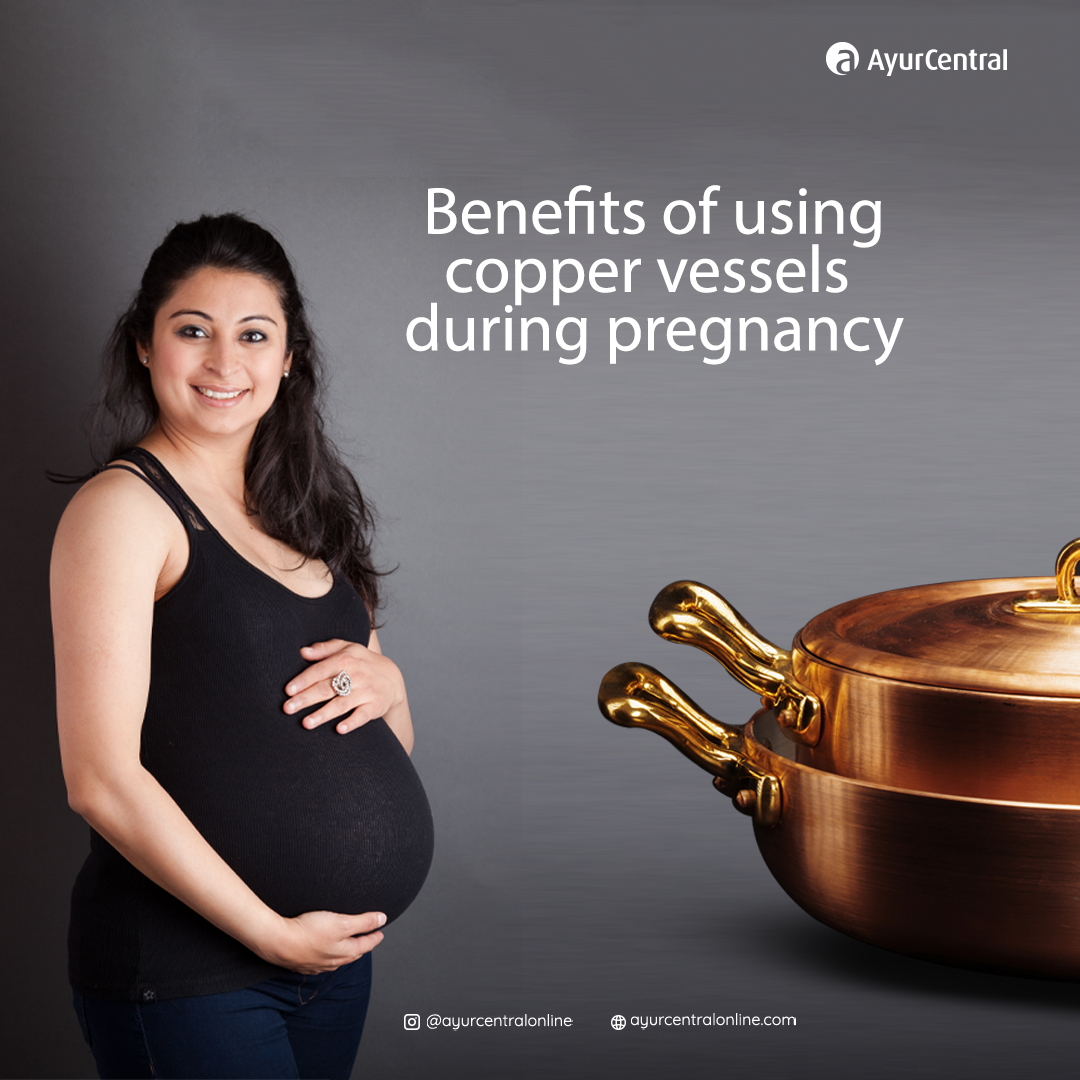
Copper is a mineral vital for our body. It is non corrosive and less reactive. Copper is a hygienic metal that naturally hampers the growth of germs, bacteria and virus which makes it an useful component in prevention and curing diseases.
Why should we use copper vessels?
We can remember as to how our ancestors used copper vessels in their kitchen. Well, this suggests that our ancestors very well knew about the role of copper on bacteria and virus even before modern science and knew the health benefits of copper and tried to use copper vessels for their domestic necessities. Since, copper cannot be produced in the body, it must be included in our daily diet for normal metabolic process in association with vitamins and amino acids.
Benefits of copper water
- Eliminates E. Coli within 24 hrs
- Increases red blood cells
- Regulates heart rhythm
- Proper and effective utilisation of iron
- Enhances proper enzyme reaction
- Improves health of hair, eyes and connective tissue
- Quick wound healing efficiency
- Regulates thyroid gland functions
- Reduces cholesterol
- Reduces arthritis symptoms.
- Produces melanin pigment
- Acts as an antioxidant and anticarcinogenic
- Slows aging process
- Brain stimulating
Why does a pregnant women need copper?
You will be surprised to know the role of copper during pregnancy. As we all know, during pregnancy a women goes through severe ups and downs and a series of events. There’s a drop in haemoglobin levels, loss of vitamin and minerals due to severe vomiting etc. Drinking water kept overnight in a copper vessel during pregnancy increase red blood cells thereby supplying sufficient nourishment to the foetus and protecting both the mother and the foetus from serious infections and illness. Copper also helps in formation of foetal heart, blood vessels, skeletal and nervous system and in proper growth & development of the foetus.
Copper requirement per person
Pregnant women – 1 mg per day
Breastfeeding mothers – 1.5 mg per day
Drinking 1-2 glass of copper water is advisable. Over dose of copper may be harmful leading to further toxicity and complications. Hence it’s recommended not to take any copper supplements during pregnancy without consulting your gynaecologist.
Signs of copper deficiency
- Fatigue
- Edema
- Anorexia
- Diarrhoea
- Hair loss
- Paleness
- Slow growth
- Dermatitis
Should one take supplements?
The answer is No. Copper deficiency is uncommon, sometimes women in the childbearing period may fall short of copper. If one follows a healthy nutritious diet, one can get sufficient copper required by the body. Drinking water from copper vessels kept overnight will definitely help with copper levels in the body. Hence supplements are surely not required, unless recommended by the doctor.
How to get started with copper water.
- Just buy a copper jug or a mug or a vessel from the market.
- Clean the vessel properly with little tamarind and salt. Rinse well with water.
- Store the water in this vessel overnight. The copper releases the copper ions into the water.
- Drink this copper water early in the morning to gain maximum benefits.
- This procedure can be carried out daily and by everyone in the family.
- Avoid cooking in copper vessels as it may lead to toxicity.
Few food sources of copper
- Green leafy vegetables including spinach, turnip greens, kale , dill leaves and mustard greens.
- Vegetables like summer squash and asparagus are a good source of copper.
- Sea food are the rich source of copper which include tuna, lobster, salmon, squid and sardines. The richest source being the oysters.
- Meat of beef, pork, chicken, liver, turkey are rich in copper.
- Egg yolk contains very small amounts of copper. Vegetarians who can digest eggs now have a reason to hogg on cakes.
- Spices like, mustard, cloves, , sunflower seeds, celery seeds, chilli powder, saffron, cumin etc
- Fruits rich in copper are star fruit, litchi, guava, pineapples, bananas, avocado, apricots and lemons.
- Nuts include cashew nuts, almonds, peanuts, raisins, dried figs, hazelnuts and walnuts contain copper, iron and omega 3 fatty acids.
- Beverages like coffee, black tea, coca, beer and wine have small amount of copper to fulfil the body requirement.
- Seeds like, sunflower seeds, pumpkin seeds, flax seeds, squash seeds, watermelon seeds contain vitamins, minerals, copper, zinc, iron, calcium and magnesium. They should be included in our diet.
- Mushrooms, chocolates and fermented soy food, seaweed like spirulina have high level of copper.
It is evident that water stored in copper vessels have good effects on health. Our ancestors used to store water in big copper vessels which remained fresh for over 15 days. If you remember in olden days people used to throw coins in wells, ponds, lakes and rivers, there was nothing like blind belief in this act, instead it was very scientific as they threw copper coins to purify water. Copper kills the bacteria and germs harmful for our body and increases the red blood cells reducing the risk of anaemia. Hence, copper water is very beneficial in pregnancy as it helps the growth and development of the foetus and maintains the general health of the mother by reducing the risk of anaemia, thyroid, hypertension etc. It’s time to have a glass or two of copper water everyday to keep up the mineral requirements of the body.
Follow us at @ayurcentralonline (Instagram) and @AyurCentral (Facebook) for regular Ayurvedic updates.


